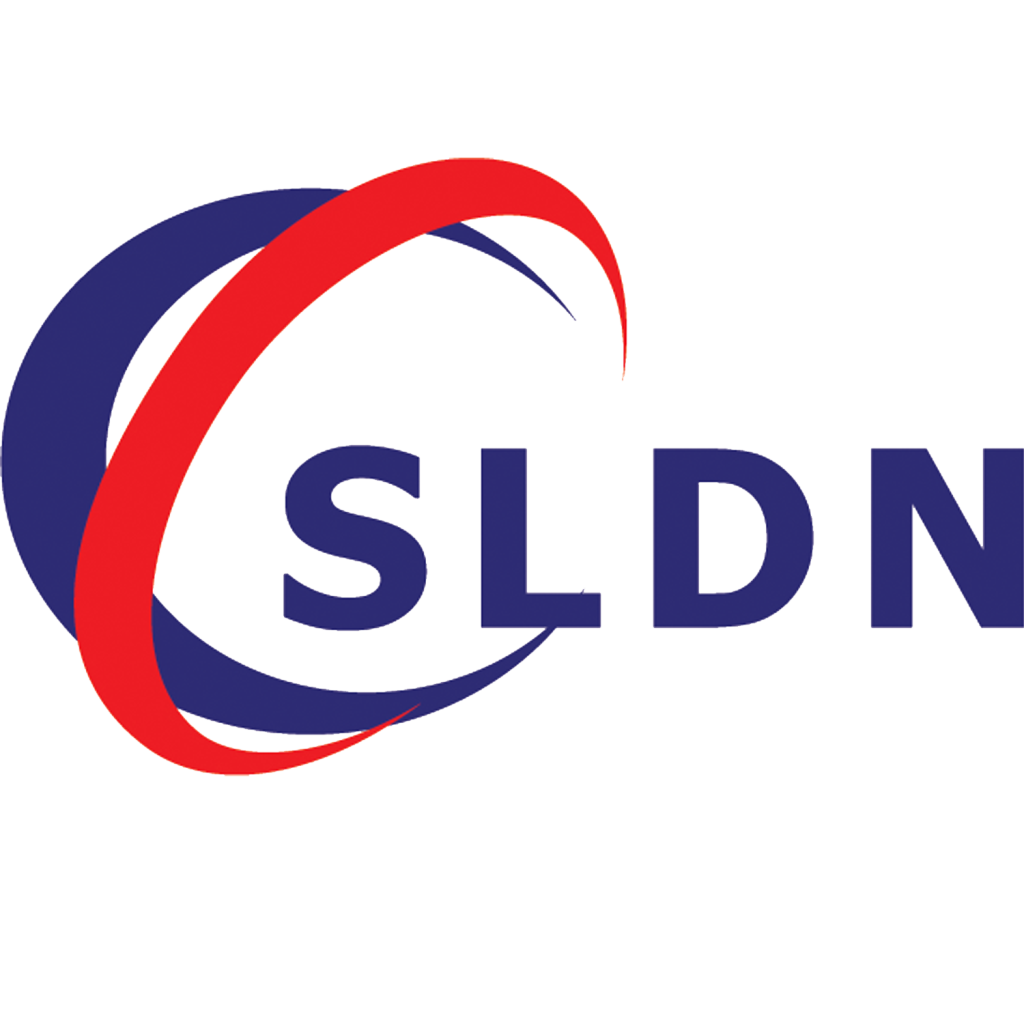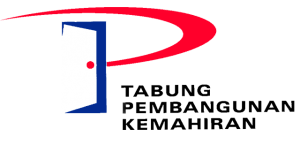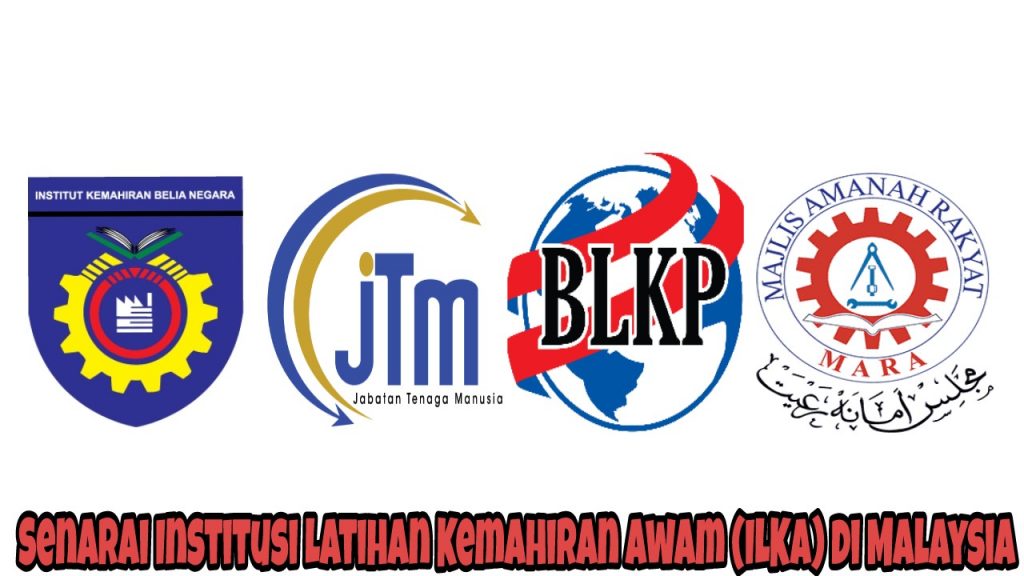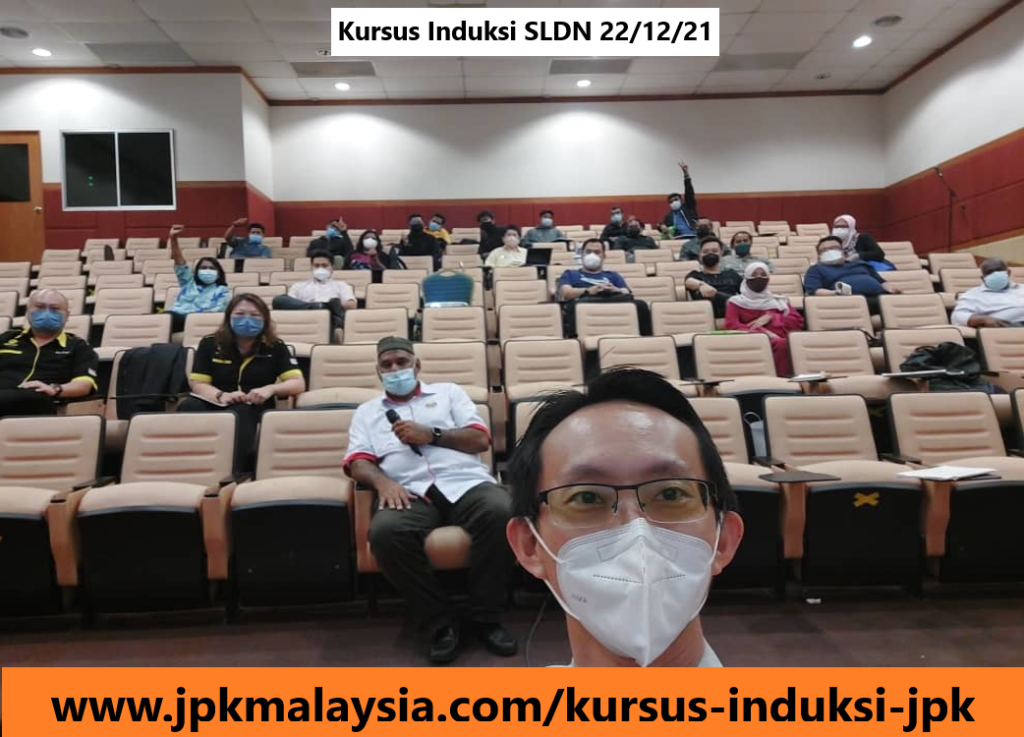
SLDN program for automotive career in Malaysia - Chery Malaysia and CARSOME Academy Join Forces to Bolster Soft Skills of Representatives
In a move that underscores its commitment to customer satisfaction and employee development, Chery Malaysia has announced a strategic partnership with CARSOME Academy. The partnership’s second MoU focuses on enhancing the soft skills of Chery’s representatives through a series of specialized training programs.
Why Soft Skills Matter in the Automotive Industry
In today’s competitive automotive industry, providing excellent customer service is no longer enough. Customers increasingly value personalized interactions, emotional intelligence, and the ability to build trust. These are all soft skills that can be learned and honed through effective training.
The CARSOME Academy Advantage
CARSOME Academy is a recognized leader in providing industry-specific training programs. Their experienced instructors and practical approach will equip Chery’s representatives with the necessary skills to excel in their roles.
Key Features of the MoU
- Upskilling Workforce: Chery’s existing and new workforce will undergo specialized training programs designed to enhance their communication, problem-solving, and negotiation skills.
- Peneraju Skil Motor Vehicle Inspection Programme: This program will extend to Chery’s workforce, providing them with the skills and knowledge to conduct thorough vehicle inspections.
- Training & Placements: CARSOME Academy students will have the opportunity to participate in on-the-job training and work placements at Chery under the Sistem Latihan Dual Nasional (SLDN) model. This will provide them with valuable hands-on experience and prepare them for successful careers in the automotive industry.
- Marketing Initiatives: Chery and CARSOME Academy will collaborate on marketing initiatives to promote the partnership and raise awareness of the importance of soft skills in the automotive industry.
Benefits for Chery Representatives

- Enhanced communication skills, leading to better customer interactions and satisfaction.
- Improved problem-solving abilities, enabling them to effectively address customer concerns.
- Stronger negotiation skills, allowing them to close deals more effectively.
- Increased job satisfaction and career development opportunities.
Benefits for CARSOME Academy Students
- Gain valuable hands-on experience through on-the-job training and work placements at Chery.
- Develop essential soft skills that are in high demand in the automotive industry.
- Increase their chances of securing employment after graduation.
Investing in Soft Skills: A Win-Win for All
The partnership between Chery Malaysia and CARSOME Academy is a win-win for both parties. Chery will benefit from a more skilled and customer-centric workforce, while CARSOME Academy students will gain valuable experience and prepare for successful careers. Ultimately, this partnership will contribute to a more professional and customer-oriented automotive industry in Malaysia.
Are you interested in learning more about SLDN program for automotive career in Malaysia?
If you are a Chery representative or a student interested in a career in the automotive industry, we encourage you to visit the CARSOME Academy website or contact them directly to learn more about their training programs.
Or if you are a company that wish to be part of the SLDN (NDTS in English) system to upskill your workforce & enhance productivity, you may read up more about National Dual Training System (NDTS) first before enquiring further at 012-3123430.











 Tengku Zafrul: More than RM3bil has been allocated for job creation and skills development under JanaKerja to provide 500,000 new job opportunities.
Tengku Zafrul: More than RM3bil has been allocated for job creation and skills development under JanaKerja to provide 500,000 new job opportunities.





